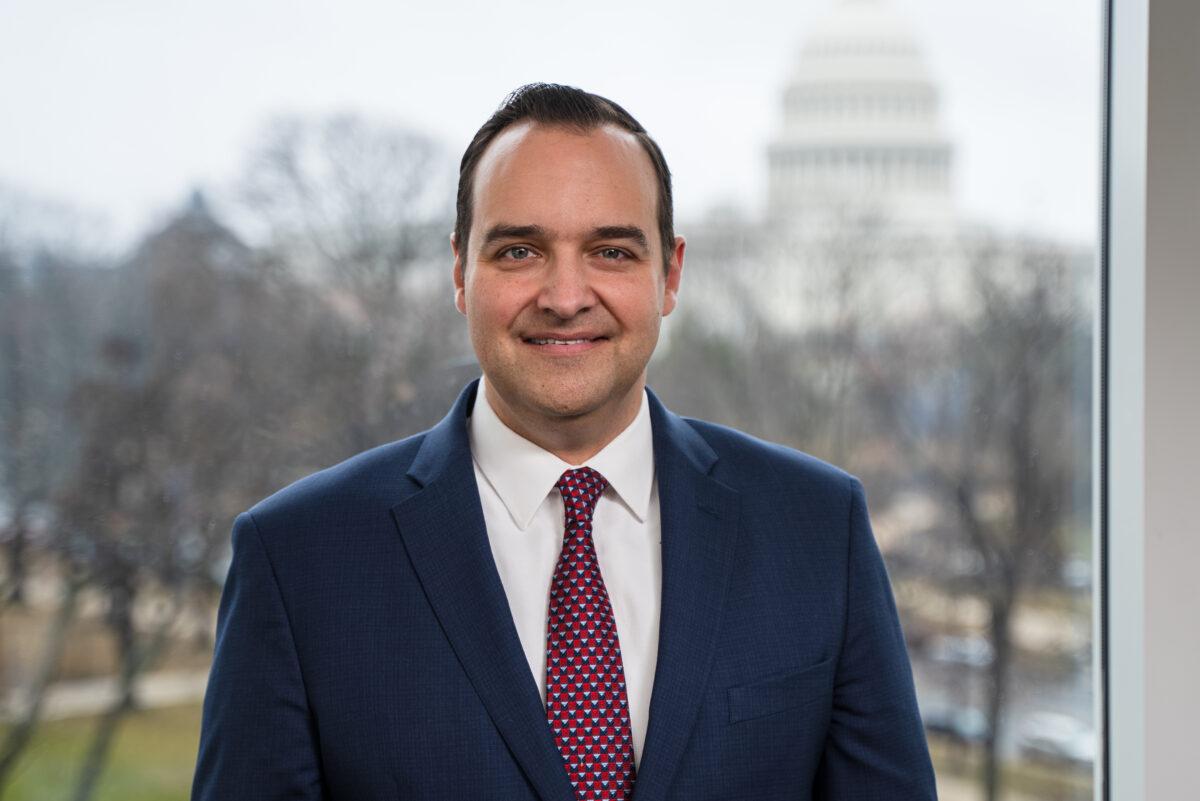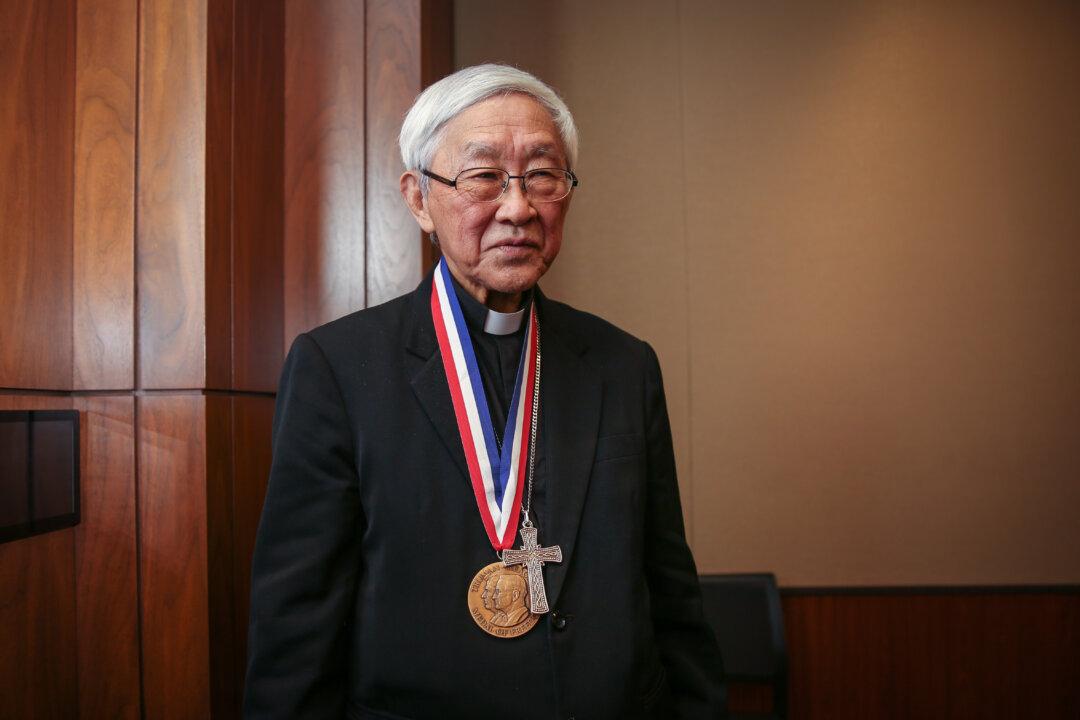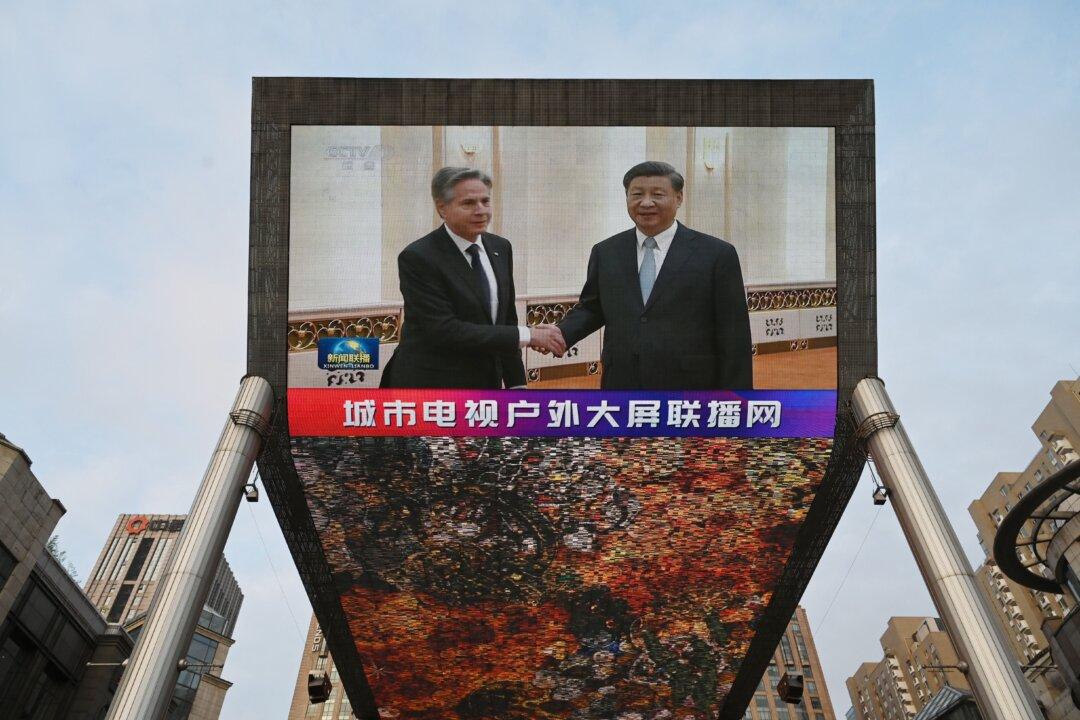Hong Kong’s arrest of 90-year-old Cardinal Joseph Zen in May signals Beijing’s growing oppression of religious freedom in Hong Kong amid its widening clamp down on freedoms in the financial hub, according to Andrew Bremberg, former U.S. ambassador to the United Nations.
“In several months leading up to his arrest we saw in state media outlets repeated, increased mentions of the [Chinese Communist] Party’s concern about the influence that religion was having,” Bremberg said in an interview on NTD, an affiliate of The Epoch Times.
“This was laying the groundwork for greater crackdowns and arrests,” he added.
Zen has long been an advocate of religious and civic freedoms in Hong Kong and mainland China and has spoken out against the communist regime’s growing authoritarianism, including its imposition of the national security law and the persecution of Roman Catholics in China.

Bremberg, president of the Washington-based advocacy group Victims of Communism Memorial Foundation, said the allegations against Zen were an excuse used by the Chinese regime to detain him.
“The Chinese Communist Party can create whatever pretext it wants, as an excuse for any individual’s arrest. We’ve seen this across the board,” he said.
Beijing’s religious oppression in Hong Kong today was an inevitability, according to Bremberg.
“As part of the CCP’s broader crackdown on Hong Kong, the destruction of democracy and self-governance in Hong Kong, it obviously now leads to greater religious oppression,” he said.
Bremberg noted that communist regimes have a history of arresting and harassing prominent religious leaders.
“Throughout the last 100 years of communist regimes we’ve seen religion, churches and other religious figures have always been viewed as a threat to communism,” he said.
The advocate pointed to historical examples of prominent religious leaders arrested by the Soviet regime in Central and Eastern Europe.
He singled out the case of Cardinal József Mindszenty, the highest Catholic official in Hungary, who was arrested in 1948 and then sentenced to life imprisonment. In 1956, Mindszenty was released during the Hungarian Revolution. The cardinal later fled to the U.S. embassy in Budapest as Soviet troops entered Hungary to crush anti-communist protests. He stayed inside the embassy grounds until 1971 before being exiled to Vienna.
Americans should be concerned about Zen’s arrest, Bremberg said.
“Religious liberty has always been a bedrock of the American way of life,” he said, pointing out that the founding of the United States stems from immigrants coming to the United States from Europe seeking the freedom of belief.
“Crackdowns on religious liberty are frequently the first sign of increasing persecution and totalitarianism and violations of human rights across the board by any regime,” he added.




